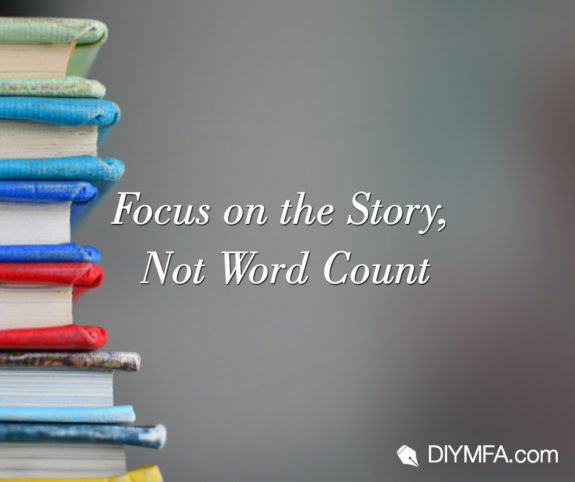I hit a wall halfway through writing my debut novel. This is not unusual; as writers, this happens to most of us at one time or another. When I get blocked, it’s often only for a few days. I know all the tricks to fix the stoppered bottle of my brain: get outside, go for a walk, read a fun book, work on a different project. Then I can come back and resume work on the story.
Going Nowhere
But this block was different. I was still making my daily word count goals: 500 words one day, 1,000 the next, and on and on. I was writing like mad, but I was still going nowhere. Pages stacked up, and inside them my characters stagnated. It was an absurd existential crisis: I was supposed to be writing a journey narrative, and I couldn’t get my main character to leave town. It was like trying to control a Sim in a glitching video game. Instead of moving or growing or confronting or changing, my characters mainly sat alone in rooms and thought about things very hard in very pretty prose. Sometimes they remembered things, too. But they didn’t go anywhere.
I had at least fifty pages of this nonsense. I started beating myself up about it. I started wondering if I was as afraid of confrontation in my imagination as I was in real life. Was I coddling my characters? Keeping them safe inside rooms rather than shoving them out into the world to face the hardships I had planned for them? And maybe that was part of it, some deep psychological impulse. But the larger problem, I realized, had much less to do with my mind and much more to do with my method: I’d been so focused on measuring the progress of my page count, I’d forgotten the story entirely.
A Different Tactic
Lately, I’ve been trying a different tactic. Instead of setting arbitrary word count goals, I set story goals. It’s simple enough: every day when I sit down to write, I commit to keep writing until I’ve done something that moves the story forward. Maybe my character runs into a friend, and learns some information that proves to be useful later. Maybe they have a fight with their spouse. Maybe they buy a cup of coffee. Maybe they attend a funeral. These can be large story moments or small, realistic or fantastical, just as long as they add another brick onto the house.
It took a little getting used to (it takes some doing, to get those characters to leave their lonely houses), but I felt a change in my output right away. I wasn’t writing as many pages, but the pages I had were worth keeping. Previously, word count goals had left me feeling like Sisyphus, constantly rolling rocks up hills only to have them tumble to the bottom again. Now: progress. The best part was, I started to get a better understanding of the story the further I dove in. I became more attuned to the times when I was spinning my wheels, and when I was really propelling the plot. I noticed that my most successful days were when I’d written scenes where my characters made decisions, acted, and interacted with one another. Fancy that!
Just Right
It’s funny, some of the books I admire most are often very economical in their storytelling. Susannah Clark gives the reader a full fantasy world in Piranesi in 270 pages. Cosmicomics clocks in at 188 pages, and in that time Italo Calvino manages to explain the whole universe. Not to be outdone, my favorite short story writer, Amy Hempel, can give you the whole of the female experience in the span of a one-and-a-half page phone call. Why on earth did I think I needed word count goals to get the job done?
My novel is not economical—it came in at 399 pages. But it does feel whole—the right size book for the story I was trying to tell. Unsurprisingly, when I edited later drafts, the part that needed the most cutting was the middle section where I’d been stuck. So many unnecessary pages. So much time spent kicking in the air before I learned to plant my feet again.
When I talk to fellow writers, they’ve all experienced similar problems, writing and writing and getting nowhere. Perhaps this is happening to you. Perhaps that’s why you’re here, practicing productive procrastination, reading writing tips on a blog rather than buckling down and getting that tenth chapter written. If so: don’t beat yourself up. Take a breath. Take a walk. When you get back, try to stop counting pages. As the bawdy joke goes, it’s not the size of the thing, but how you maneuver it.
Maybe the book will still end up eight hundred pages long, who knows? The world needs long epics, mid-length novels, brief beautiful novellas, and everything in between. But if you pace your progress by story instead of length, you can be assured that every page has a purpose, and every word counts.
Marissa Levien is a writer and artist who hails from Washington State and now lives in New York with a kindly journalist and their two cats. Her first novel The World Gives Way releases June 15, 2021. You can visit her website or follow her on Twitter and Instagram.







